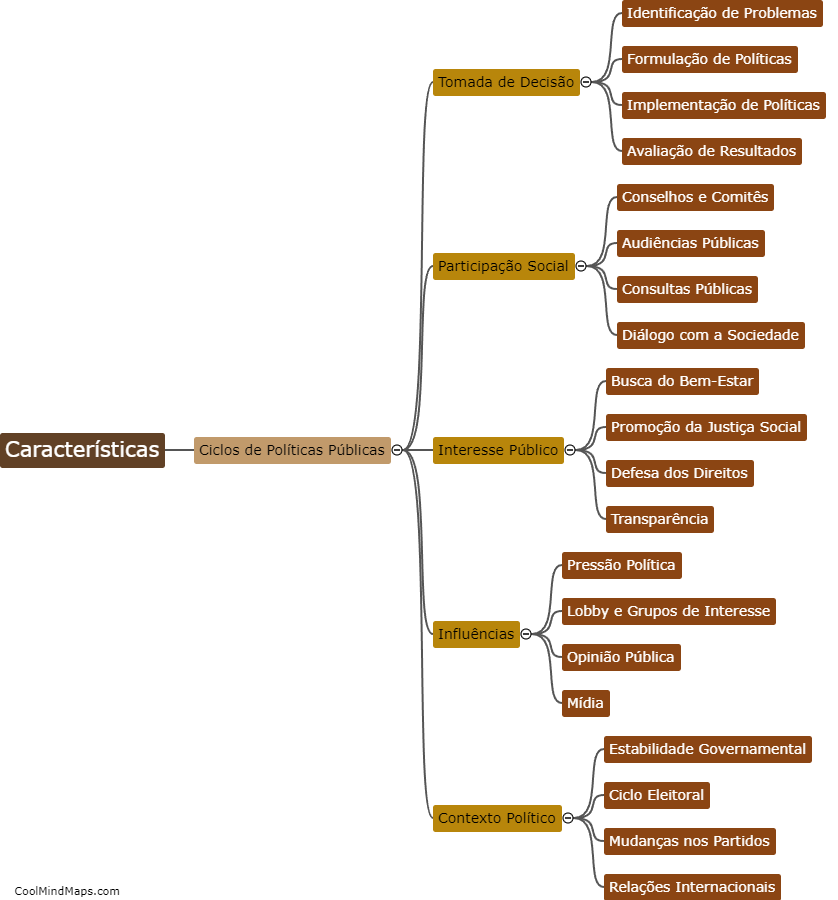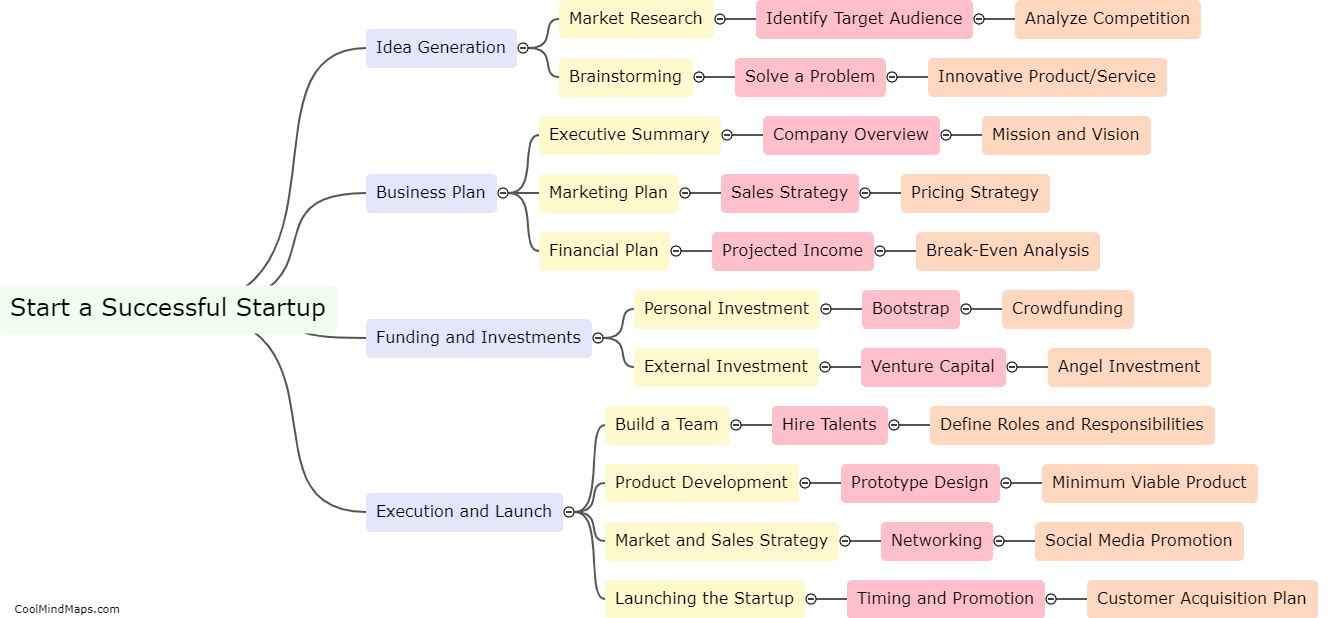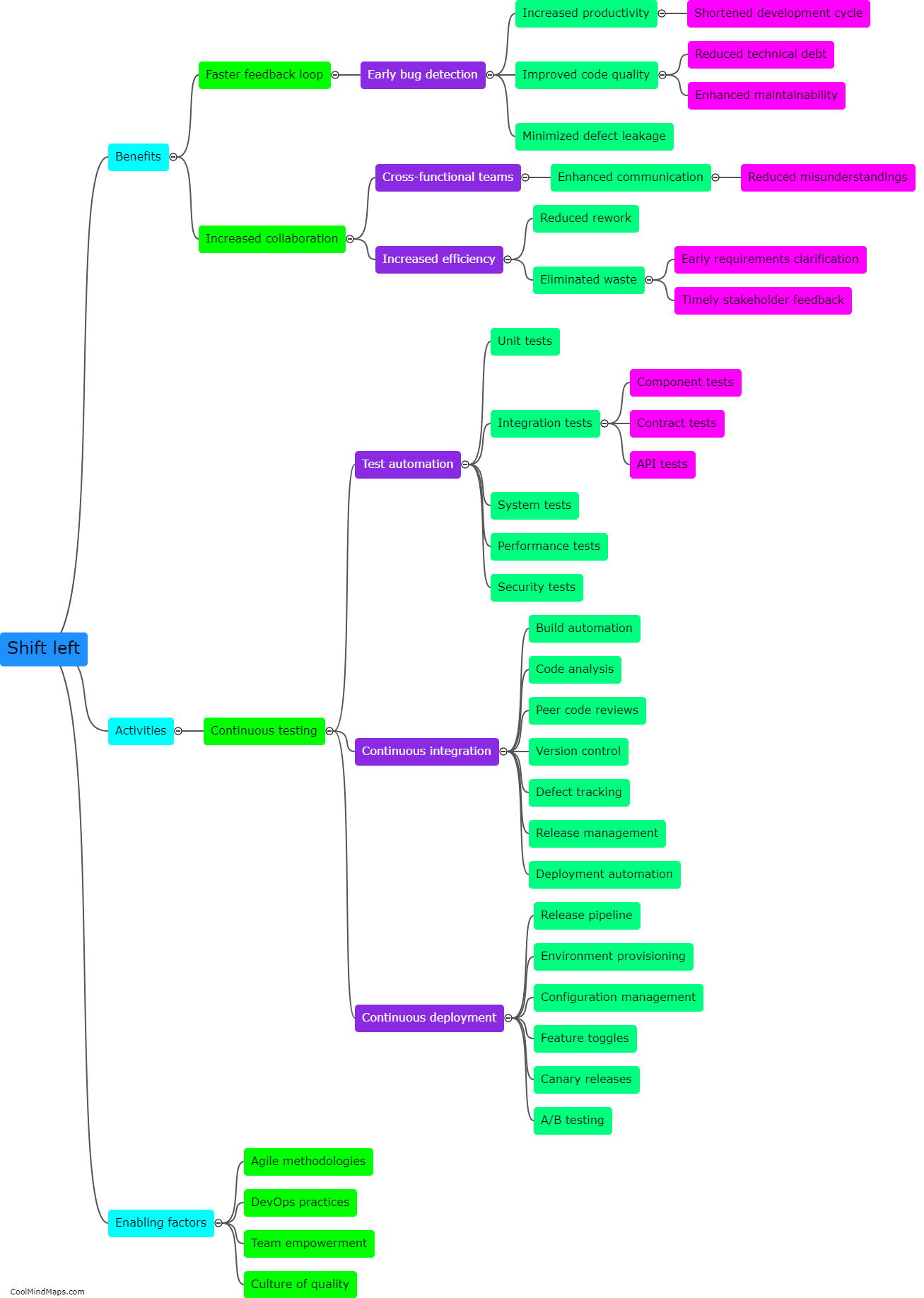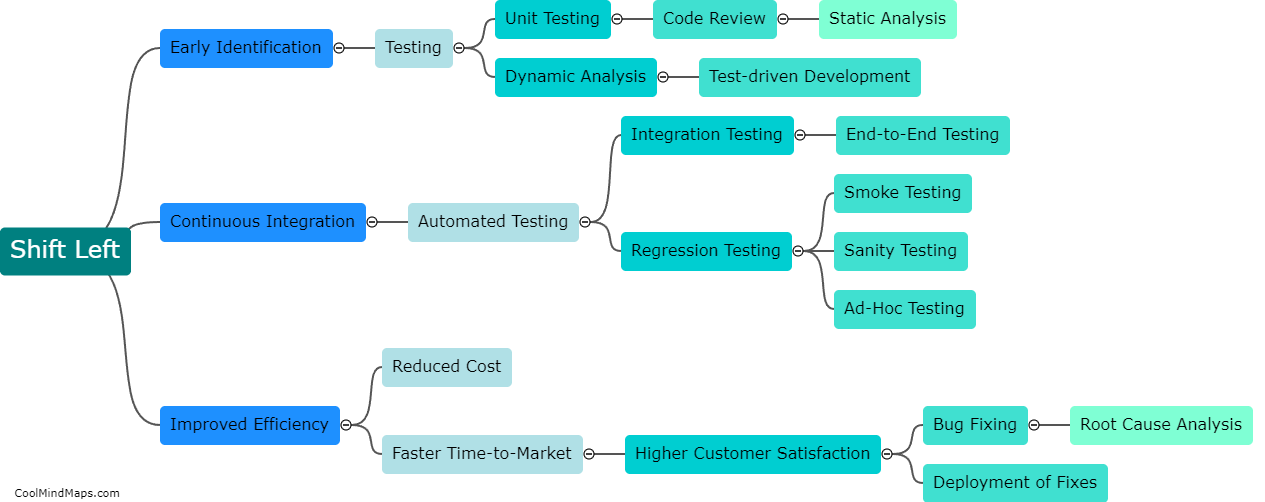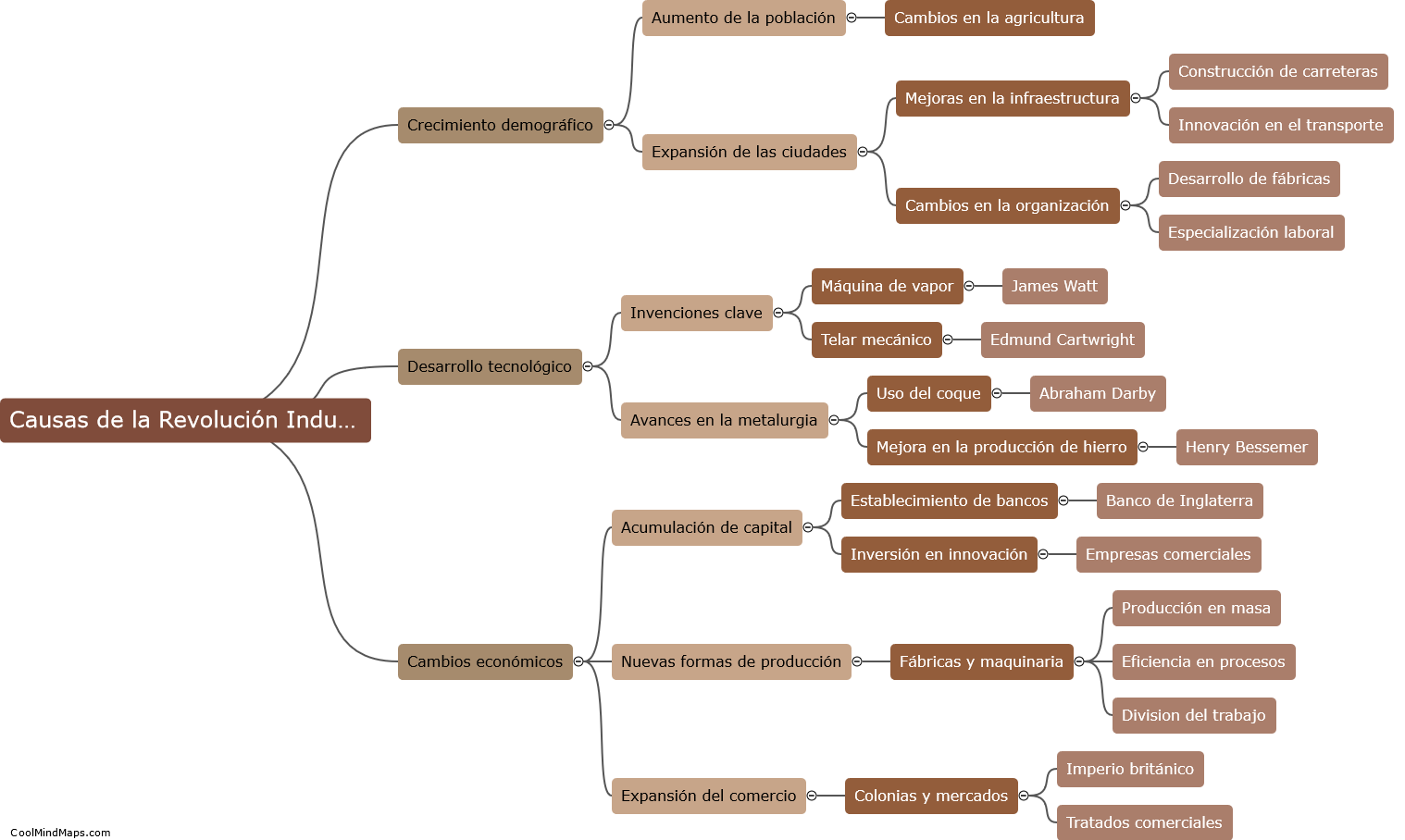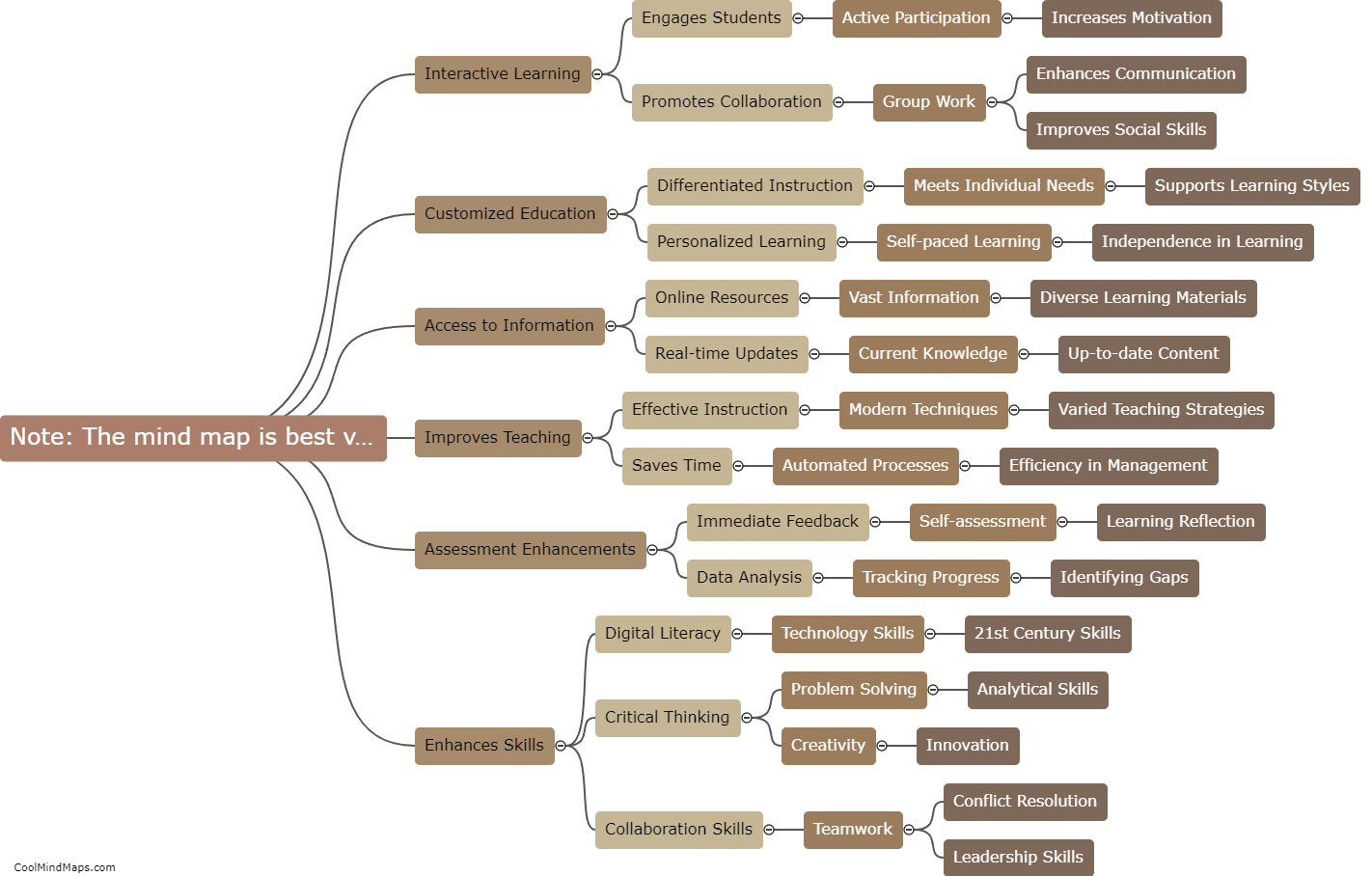What are the key principles of Montessori early education?
Montessori early education is based on several key principles that aim to foster the holistic development of children. Firstly, it emphasizes the importance of independence, allowing children to engage in self-directed learning and make their own choices within a prepared environment. Secondly, Montessori education promotes the development of concentration and focus through engaging hands-on activities and materials. Thirdly, it values individualized learning, recognizing that each child has unique strengths and learning styles. Additionally, Montessori education encourages respect for one's environment, both natural and social, and emphasizes the benefits of cooperative learning and community building. Finally, it emphasizes the role of a trained Montessori teacher as a guide and facilitator, rather than a lecturer, promoting a nurturing and supportive learning environment for children.
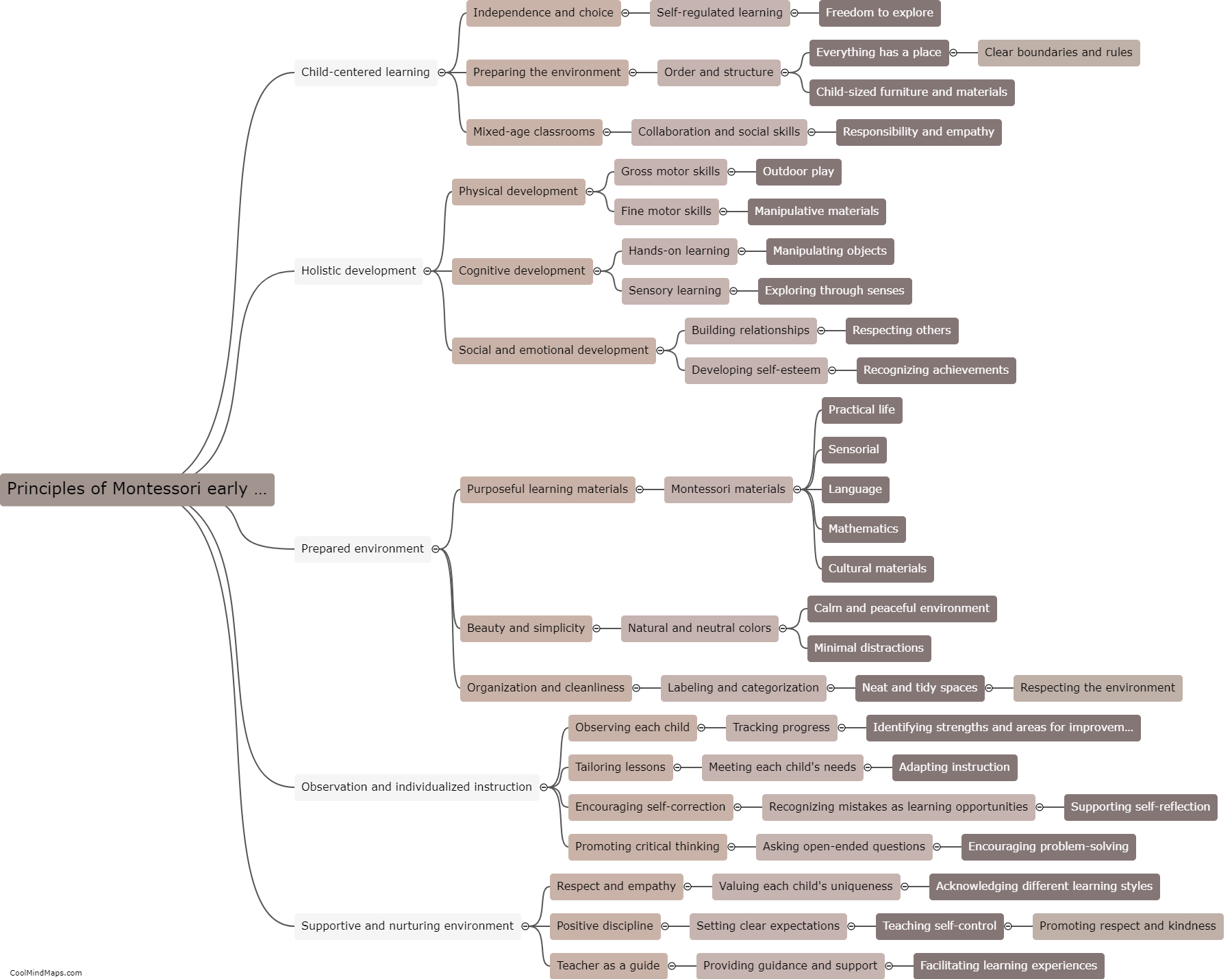
This mind map was published on 31 July 2023 and has been viewed 144 times.

